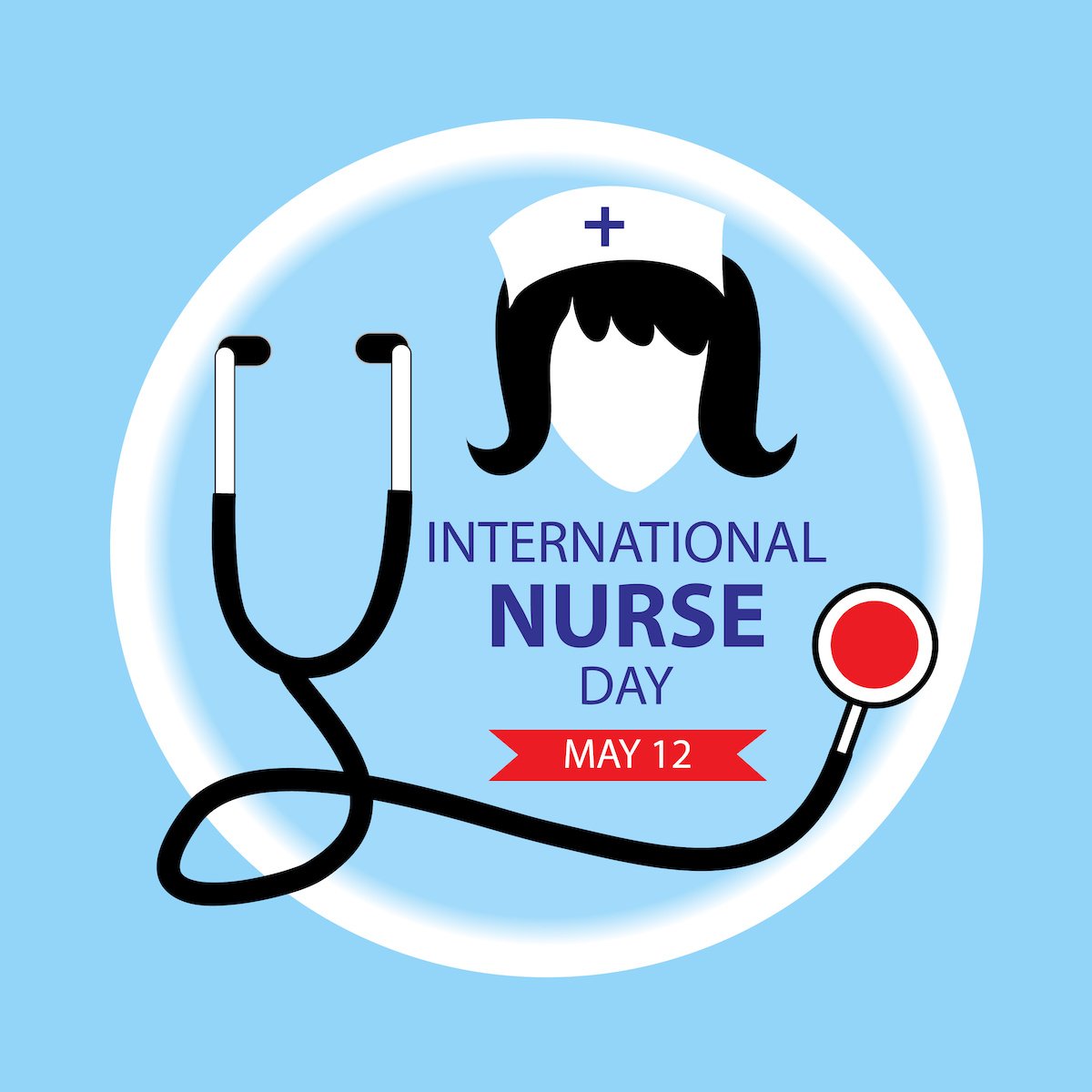










Ghee, one of the healthiest staple foods according to Ayurveda, is an essential component of Indian cuisine. It not only gives a variety of meals a deep flavour, but it also offers various health advantages.
Here are several advantages of ghee consumption, according to Ayurvedic doctors:
But despite all of its advantages, not everyone should consume ghee.
The expert suggests that the following individuals should abstain from ghee consumption.
When consuming ghee, pregnant women should use twice as much caution. Reduce your ghee intake if you are pregnant and overweight or obese. In conditions affecting the liver and spleen, such as liver cirrhosis, splenomegaly, hepatomegaly, hepatitis, etc., ghee should be avoided.
Every meal you eat “needs to be in touch with your bodily constitution and imbalances,” the experts continued. Never forget that just because something is healthy, it doesn’t always indicate that it is right for you.
Ghee provides various health advantages, including “enhanced bone and brain health, anti-inflammatory, and laxative characteristics, increased metabolism and immunity,” according to Aman Puri, founder of Steadfast Nutrition. Ghee can provide 1-2 tablespoons of the total fat you consume each day, contributing to the maintenance of your general health.
However, the expert advised against ingesting ghee if you have a high body mass index, dyslipidemia, fatty liver, cardiovascular illness, or if you’ve had a cholecystectomy (gall bladder removal operation).
He gave an explanation for this by stating that “ghee is a calorie-rich meal, providing 9 kcal per gram. Therefore, excessive consumption of it can result in weight gain, an increase in saturated fat content, and increased levels of triglycerides and LDL. This may cause artery blockage and ultimately result in a heart attack.









